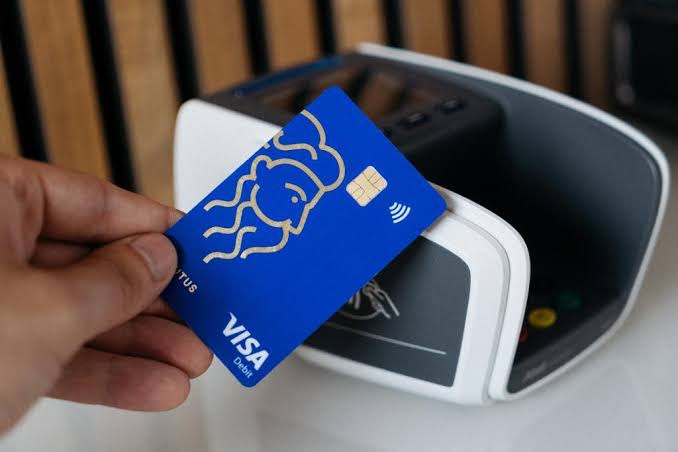As the holiday season approaches, scammers are likely to use new technologies to steal people’s information.
Criminals are taking advantage of shoppers who let down their guard in search of the right gift for their loved ones as they spend more money. Indeed, Visa’s data showed that fraud rates rose 11% during the 2022 Christmas season.
Visa has put together a list of 5 security habits that people can use all year long to keep themselves safe when they shop:
Read also: Amazon plans to establish South African internet shopping by 2024
Visa’s 5 Shopping Safety Tips:
Shop at Reliable Stores: Only buy from stores that you know and trust. If you want to buy something from a place you haven’t been to, find out about their reputation and make sure they’re real.
Protect your private data: Check that the website uses safe technology. The site should start with “https: //” when you’re at the checkout. Yes, your information is being sent over a safe link since the “s” stands for “secure.”
Always Look at the Details in the OTP Message: Before entering the OTP, make sure you know what it’s for (for example, is it to buy something or get a device token) and look over the purchase details, like the name of the seller and the amount of the transaction. Finally, don’t tell anyone your OTPs over the phone, email, or chat.
Avoid Public Wi-Fi for Shopping: Public Wi-Fi networks are often unsecured, which makes it easier for hackers to steal your information. Shop online only through a private, safe link.
Watch Out for Deals That Seem Too Good to Be True: Deals on websites and in emails you didn’t ask for can sometimes sound too good to be true, especially when they offer low prices on things that are hard to get. Like most deals, this one should make people cautious.
ClozetSales’ Chikere Onyinyechi promotes thrift shopping with tech
Important report outcomes:
Phishing and Social Engineering: The data year’s AI advances allow threat actors to create highly tailored phishing campaigns, making fakes hard to spot. Fraudsters utilise malvertising and illicit SEO on retail and service websites to lead consumers to phishing sites.
Provisioning Fraud and OTP Bypass: Visa detected many cardholder account access methods. OTP templates are sent to consumers for planned purchases.
Physical Theft: Threat actors may sneak payment cards and phones from unsuspecting customers in crowded businesses, malls, and parking lots.




